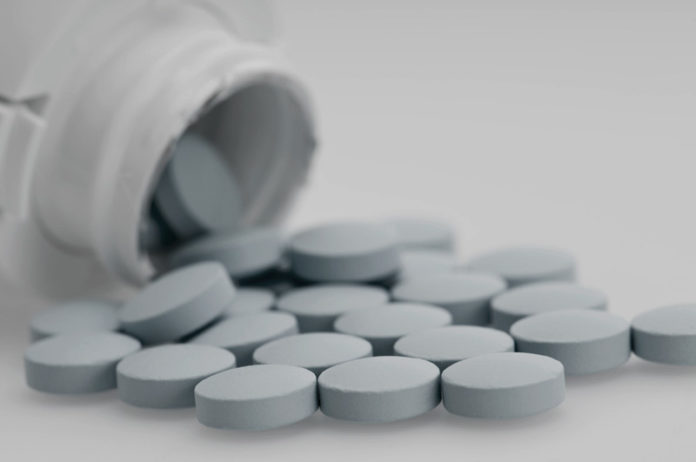Methadone is a synthetic opiate sometimes administered for chronic pain, but mainly used to help patients off other opiates such as heroin. It is widely believed that a life-long period of treatment with methadone, or maintenance therapy is essential for averting a relapse among heroin addicts.
For the purpose of understanding its dependence, it may be helpful to think of methadone for heroin addicts in terms of insulin to diabetics. Nevertheless, when it becomes an addiction problem, it must be ceased immediately.
To break away from methadone, you will need to consult a doctor, seek help from a therapist or work with support groups. The process will be a gradual one. In some cases, a physician might dispense certain medication to reduce the detox symptoms.
Detoxing for Methadone
Before detoxing from methadone, consider your reasons. If you have made considerable process as a heroin recoveree with methadone, it may not be wise to detox immediately. Make sure you see a doctor first. On the other hand, if you are a dependent recreational user, you have to take the necessary detoxification steps.
Withdrawal occurs when your body re-learns to function normally without methadone in its system. As the body adjusts to the new situation and functions, it is followed by severe withdrawal symptoms. This makes the recovery process extremely difficult.
Because of the uncomfortable symptoms associated with withdrawal, methadone users are advised to detox in a medical environment. Most inpatient and outpatient treatment facilities provide medical detox, which helps ease the discomfort of methadone detox symptoms.
Symptoms of Methadone Detox
The withdrawal process is different for everybody. The symptoms observed in one patient might vary in another; depending on the severity and length of dependence on methadone. Body chemistry and tolerance levels of a user will also affect their symptoms and the length of the detox process.
Once you enter the withdrawal phase, other uncomfortable symptoms will replace the sedated feeling you are accustomed to. In the first few hours off the drug, you might experience:
- Fatigue
- Anxiousness
- Restlessness
- Perspiration
- Stomach cramps
- Diarrhoea
- Muscular aches and pains
- Insomnia
The symptoms are generally flu-like at first. As detox progresses, those with more severe methadone dependencies will feel more intense symptoms. If you are quitting via “cold turkey” method, it could be very uncomfortable. Doctors usually advise tapering off use to make withdrawal more endurable.
How Long Do Symptoms Last?
Symptoms of methadone withdrawal often begin within 30 hours from the last exposure to the drug. Although the timeframe is longer for other types of opiates, the pain is just as severe. The duration of withdrawal symptoms varies for different users and can last for a few weeks or longer. The most uncomfortable period is usually the first week of withdrawal.
Unfortunately, it can take longer for your body to function without methadone than it did to develop an addiction to the drug.
Help for Methadone Withdrawal
It is not advisable to go through methadone detox alone. A professional will provide a lot of help, especially specific treatments to ease your pain.
Therapy and support groups are also recommended.
Article Submitted on behalf of drugrehab-stoke.uk and alcoholrehab-stoke.uk









